Is your favorite produce safe to eat? Strawberries, spinach top 2024’s ‘Dirty Dozen’ list
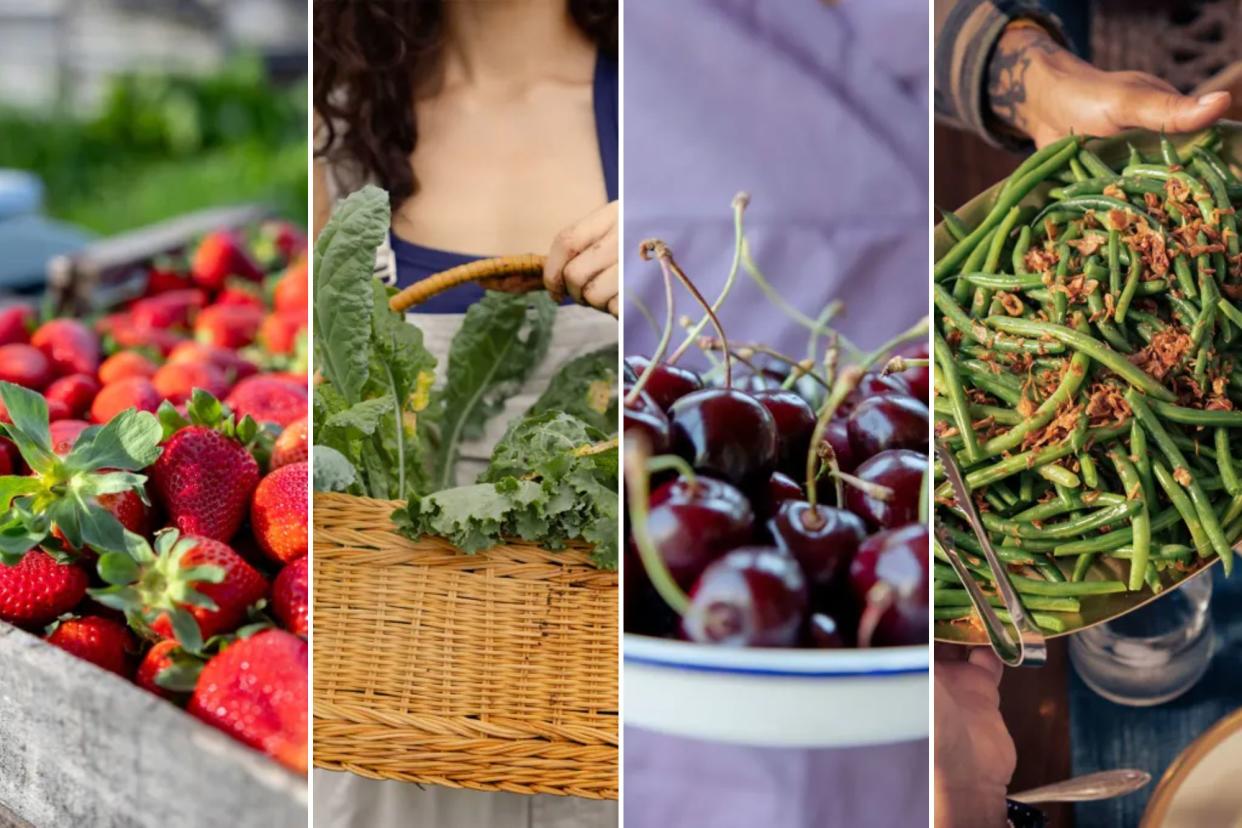
This one’s pure filth.
The 2024 “Dirty Dozen” list was released this week — this year’s edition of the annual roundup of the 12 fruits and vegetables packing the most pesticides names and shames everyday faves likes spinach, blueberries, apples and strawberries.
According to the Environmental Working Group, a nonprofit advocating for a cleaner food supply, a whopping 75% of conventional fresh fruit and vegetables sampled contained residue of potentially harmful chemicals.
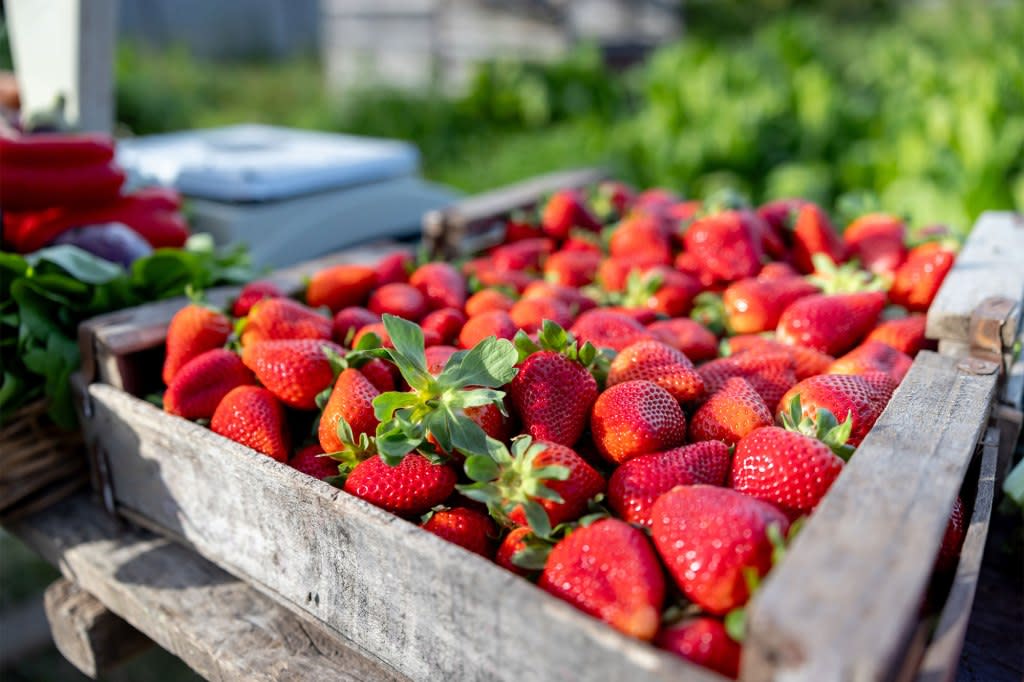
Items on the notorious list showed pesticide residue 95% of the time.
Officially titled “EWG’s 2024 Shopper’s Guide to Pesticides in Produce,” the report not only calls out the schmutz schleppers — it also honors what it refers to as the “Clean 15” — a slew of garden greats found to contain the least amount of gross gunk.

To compile the rotten report, the organization combed over a vast amount of test data passed along by the U.S. Department of Agriculture, as well as the Food and Drug Administration — 47,510 samples of 46 fruits and vegetables, Live Fox Now reported.
Not that we’re excused from eating our greens, the experts hasten to add.
“Everyone — adults and kids — should eat more fruits and vegetables, whether organic or not,” Alexa Friedman, Ph.D., EWG Senior Scientist, said in a statement.
“But consumers concerned about pesticide exposure can use the suite of materials in EWG’s Shopper’s Guide to Pesticides in Produce to make the best choices for them and their families,” she said.
2024’s “Dirty Dozen”
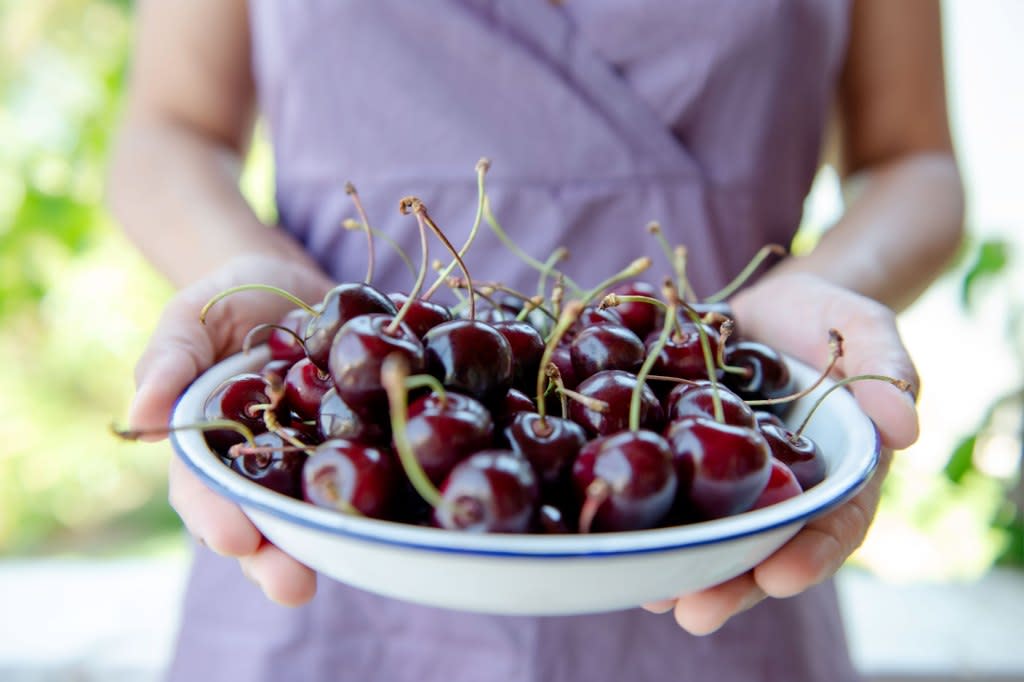
Strawberries
Spinach
Kale, collard, and mustard greens
Grapes
Peaches
Pears
Nectarines
Apples
Bell and hot peppers
Cherries
Blueberries
Green beans
2024’s “Clean 15”
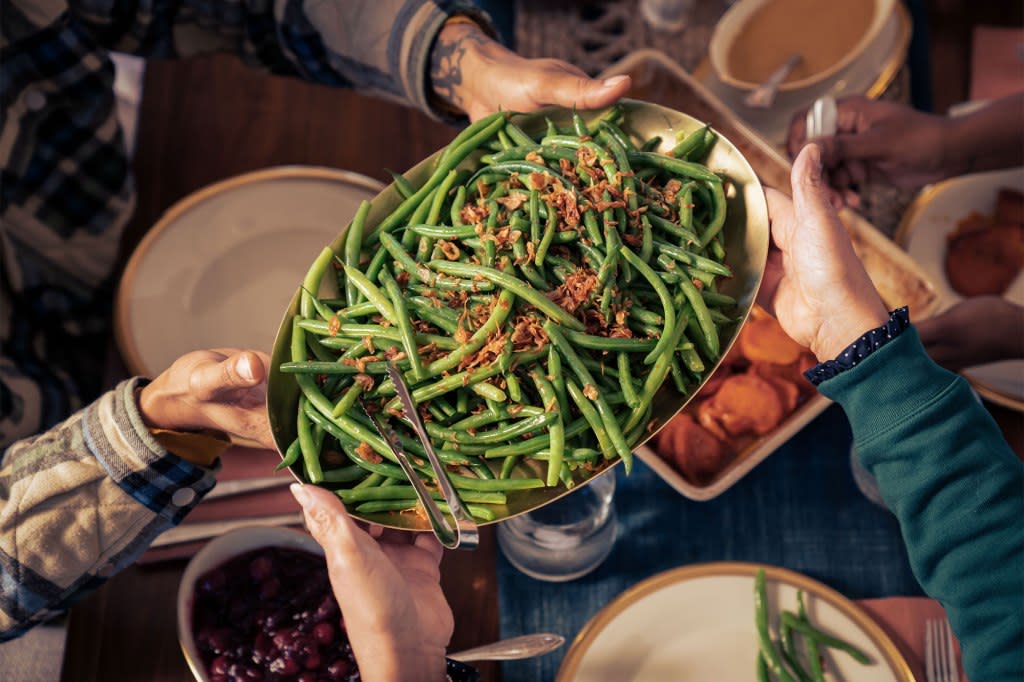
Avocado
Sweet corn
Pineapple
Onions
Papaya
Sweet peas (frozen)
Asparagus
Honeydew melon
Kiwi
Cabbage
Watermelon
Mushrooms
Mangoes
Sweet potatoes
Carrots
Even though the EWG takes care to note that the health benefits of a fresh-forward diet will “outweigh the risks of pesticide exposure,” critics warn that the list scares Americans away from eating fruits and vegetables.
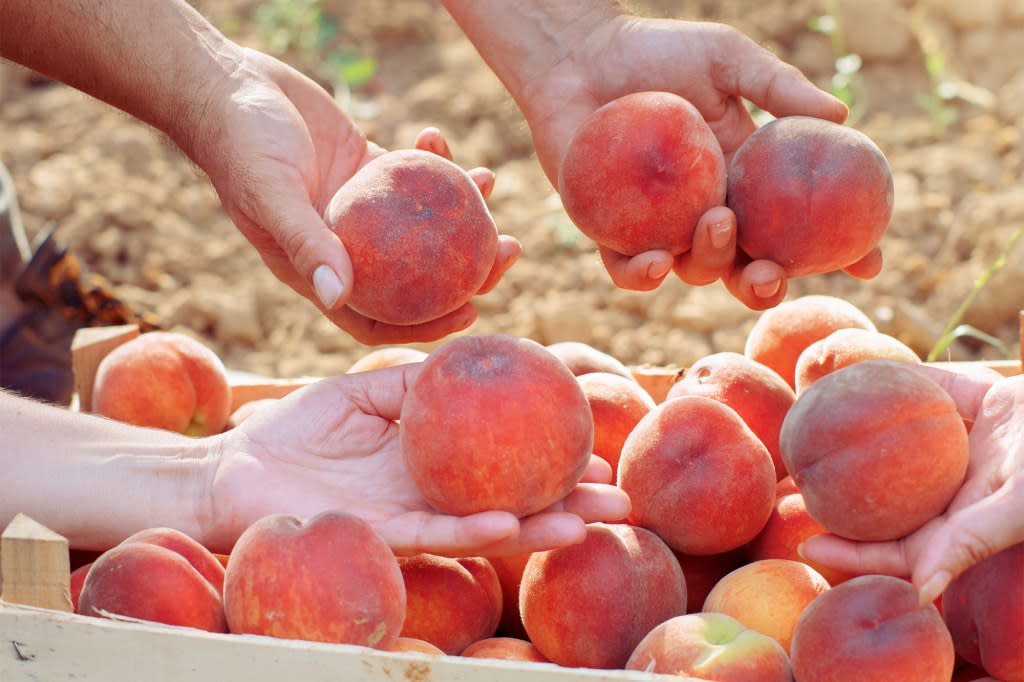
Just one in 10 of us are getting our daily allowance, data from the U.S. Centers for Disease Control and Prevention (CDC) showed. The stubborn statistic remains the same as about a decade ago.
Growers have often expressed their unhappiness over the annual data dump — The Alliance for Food and Farming, a nonprofit advocating for farmers, said that the USDA’s Pesticide Data Program found that more than 99% of foods sampled contained residue levels beneath the EPA’s standards for safety, with more than a quarter having “no detectable residue at all.”
But no matter where your grocery basket staples land on either the naughty or nice lists, always make sure to give your produce a clean when bringing it home.
The FDA advises against using any kind of soap or detergent, while the National Pesticide Information Center advocates washing under running water.
Otherwise, eating organic, where only natural pesticides can be used, and changing up your menu to include a wide variety of different produce are good ideas to limit exposure to harm, the NPIC recommends.






